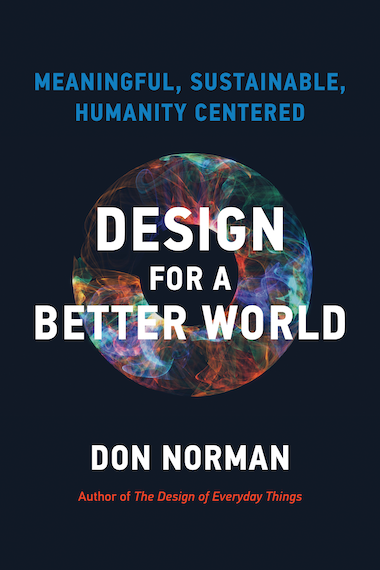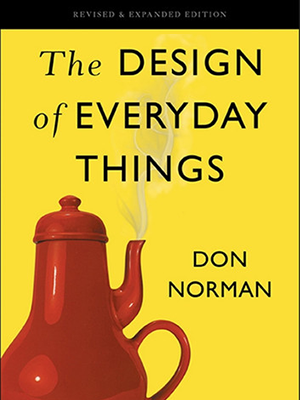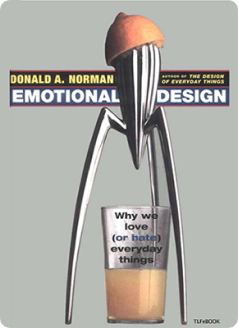Essays & Articles
Learning from the Success of Computer Games
I have long been struck by the power of the computer game to mesmerize, to hold the attention of otherwise restless children for hours and even days. I havewatched otherwise unruly children focus, study, collaborate, and problem-solve. They read hint books, save checkpoints, the better to be able to try “what-if”scenarios. They consult, the create. They solve. They do all the activities we wish them to do in pursuit of an education: What a shame that what is being learned is so trivial, so worthless.
Now imagine a time when we transform education. When we can craft educational problems as cleverly as the game creators create theirs, allowing students to delve into the complexity of topics as deeply and as thoroughly as they delve into the games. Excite them to dive into the task, voluntarily working hard to learn the skills necessary to succeed. Only this time, the skills learned will be the ones necessary to be successful, well-educated citizens of society: mathematics, history, writing, science, art, and so on.
Technology is not the answer to the ailments of education. All of us succeeded in an educational system that was mainly empty of technology. But technologycan help. It can motivate, it can make visible what is otherwise not, allow for the study of the complex, taking care of the drudgery and allowing for concentration on the profound. It can be patient. It can give endless rewards and challenges. It continually engages the mind. And it provides a new, more rewarding role for the teacher as a guide, mentor, and fellow explorer of knowledge.
The proper technology, coupled with proper teachers, can indeed transform. Learning is through doing, or though what I once proclaimed was a state of “critical confusion.” People learn best, I argued, when challenged — just enough to be confused, just enough to be motivated to search, to struggle, and to achieve.
We learn not by having our heads filled with the great thoughts and ideas of others, but by constructing them within our own conceptual structures. But thisconstruction works best when the scenario is rigged so as to lead us to the ideas, to force us to confront them and understand them. This is what the successful game designer does. This is what the successful educator must do.
Technology is not the answer, but proper technology coupled with informed pedagogy, coupled with teachers that are coaches, guides and mentors, can lead the way.
Also see my comments in my Northwestern University Commencement address.



